Venezuela, Russia sign new energy, defense agreements
Venezuela and Russia have signed 17 new agreements, in what was described as further consolidation of the "pressure-free" bilateral relationship between them.
During a visit by a senior Kremlin official to Caracas on Thursday, the two sides signed the new agreements in energy cooperation and petroleum exploration as well as in the security area on "intelligence, counterintelligence and counterespionage issues."
Visiting Russian Deputy Prime Minister Dmitry Chernyshenko, who heads the Russian part of the Intergovernmental Russian-Venezuelan High-Level Commission (CIAN), told his Venezuelan counterpart Delcy Rodriguez that his country stood ready to support Venezuela's armed forces with "the most sophisticated weapons and military equipment."
The Russian delegation also met with Venezuelan President Nicolas Maduro, before inking several documents, including the outline of key cooperation areas until 2030.
During the ceremony at the Miraflores Palace, Maduro expressed his satisfaction with the work carried out by both the Venezuelan and Russian teams at CIAN. He said the new agreements would "seal and strengthen the path of union and cooperation" between Venezuela and Russia, "from now until 2030 and beyond."
“This meeting, 20 years after the High-Level Commission between both nations was founded, is one of satisfaction for the work, the spirit of friendship and brotherhood that increasingly unites Russia and Venezuela,” he said.
The Latin American leader added that Caracas and Moscow are building an "impregnable" "win-win" relationship that is "free of pressure, blackmail and sanctions".
The 17 new agreements are added to the more than 300 bilateral cooperation instruments which were signed before in the fields of finance, energy, industry, commerce, customs, transportation and tourism, agriculture, fishing and food, science and technology, education, health, culture, sports and youth, among other areas of bilateral cooperation.
Venezuela has one of the world's largest natural gas reserves and the world's largest proven reserves of oil. Russia is a Eurasia energy giant. However, both countries' energy sectors face sanctions by the United States.
Russian Foreign Minister Sergei Lavrov has repeatedly censured American leaders over Washington’s foreign policy which aims "to preserve their domination, hegemony and diktat" by targeting other countries with "blackmail, ultimatums, threats."
Hamas blasts Western media for blindly defending false Israeli narrative
ElBaradei condemns US threats of military action against Iran
‘No two-hour war’: Iran vows immediate retaliation to any attack
VIDEO | US warmongering threatens stability
Pezeshkian: US must end provocations if it seeks genuine diplomacy
Iran summons German ambassador over Merz’s ‘low-minded’ remarks
Iran's Armed Forces warn EU of ‘consequences’ of IRGC designation
Iran FM: EU’s blacklisting of IRGC a ‘major strategic mistake’


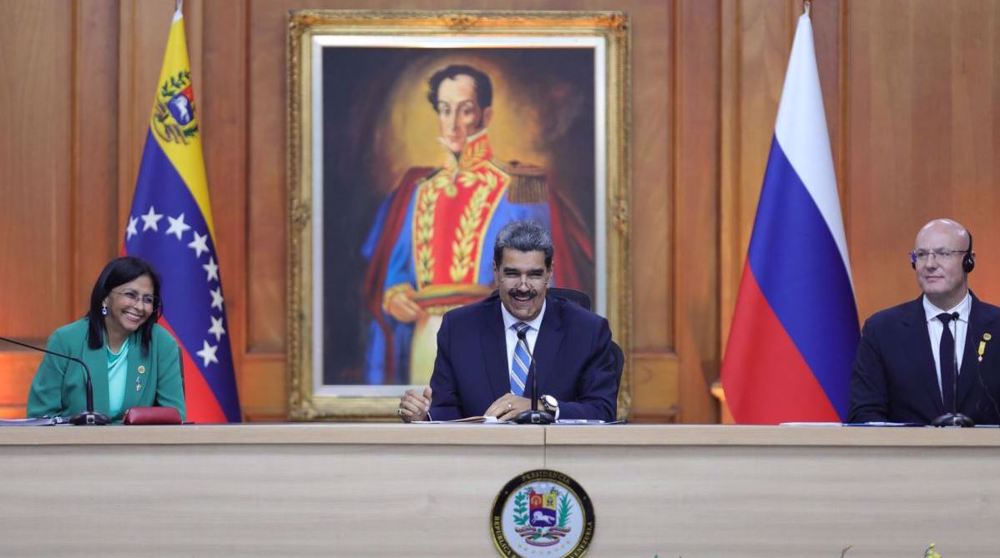
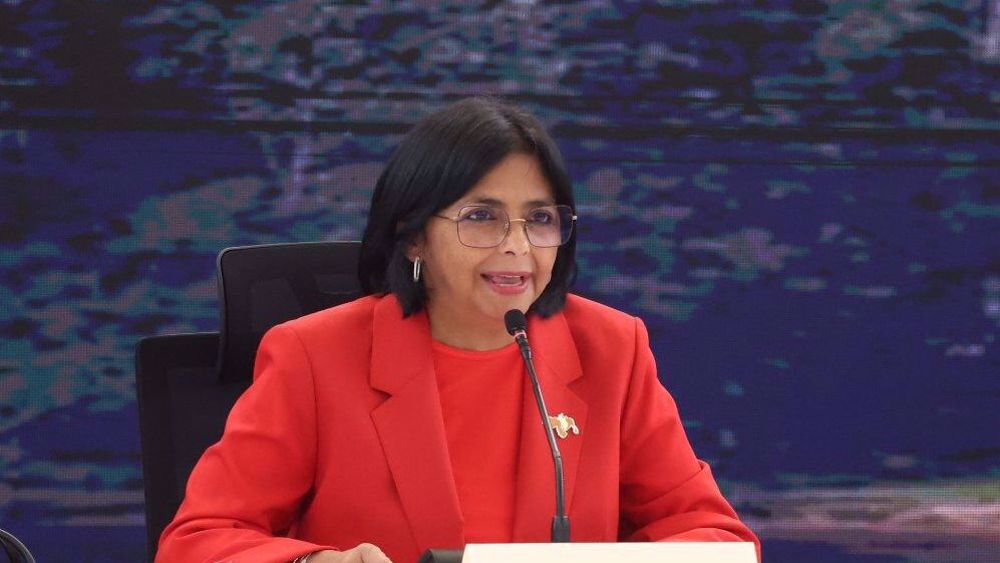
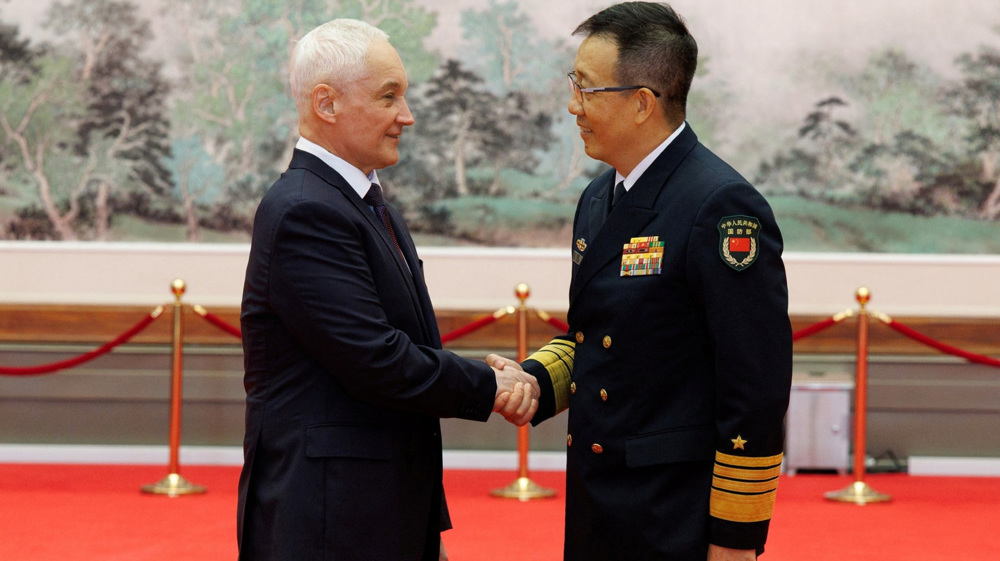
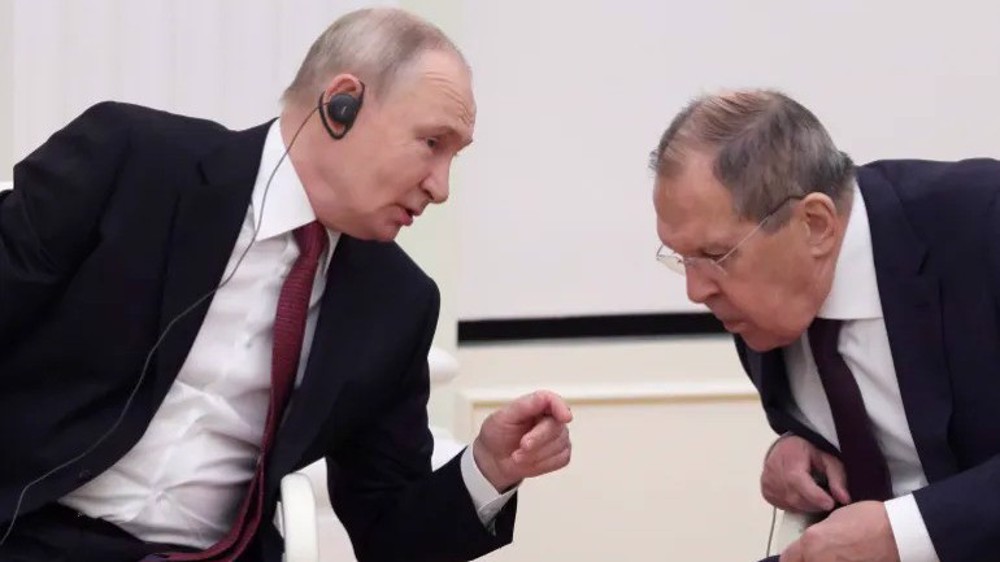
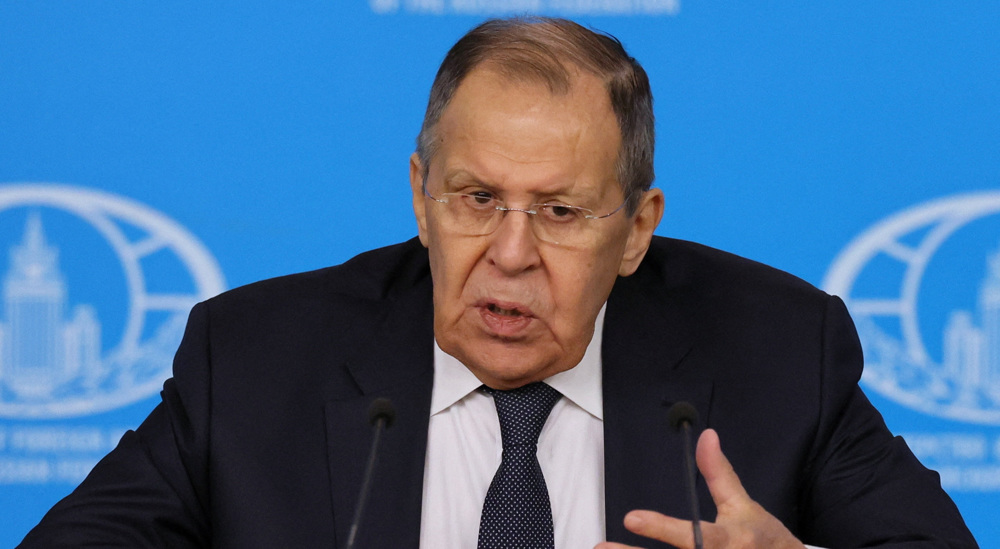



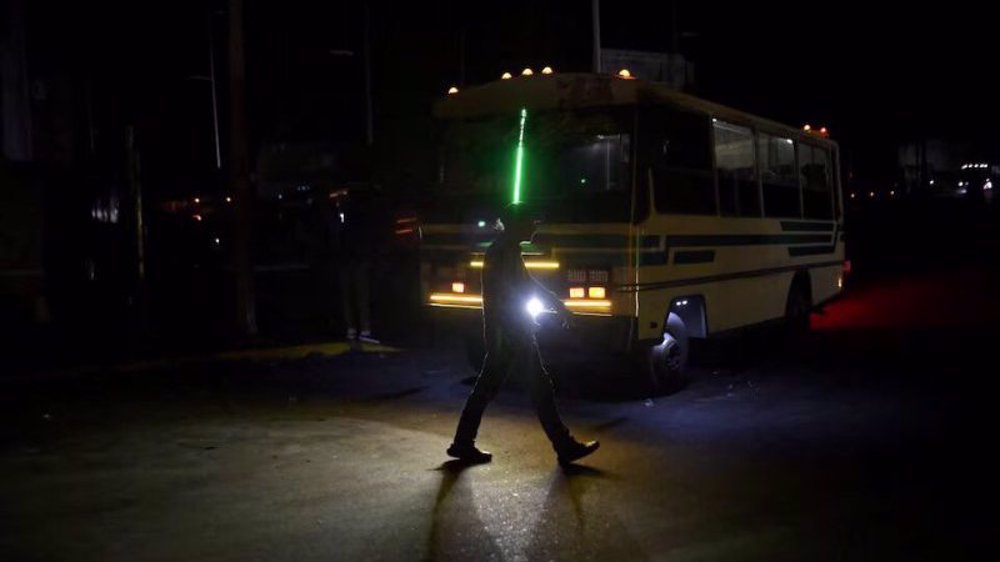
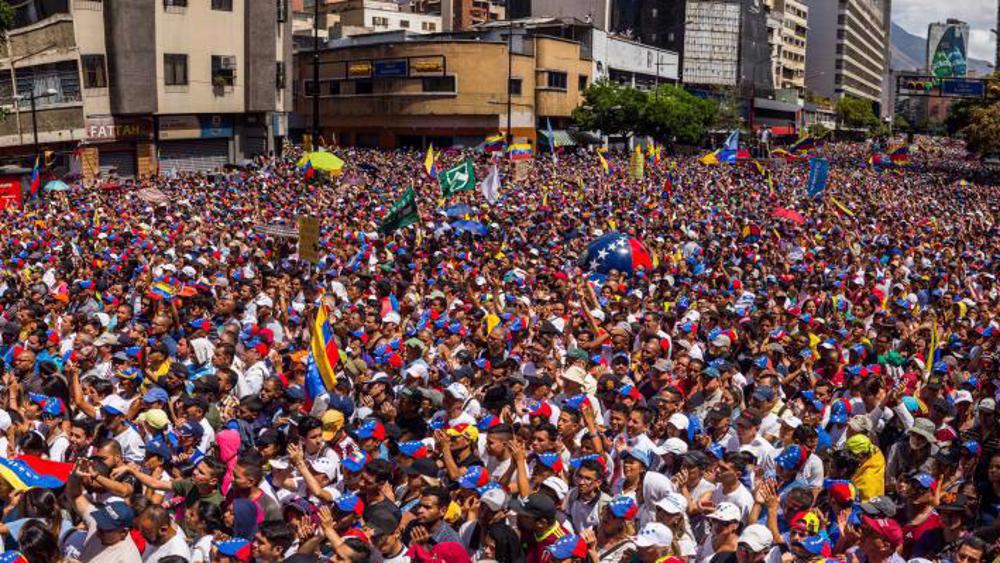
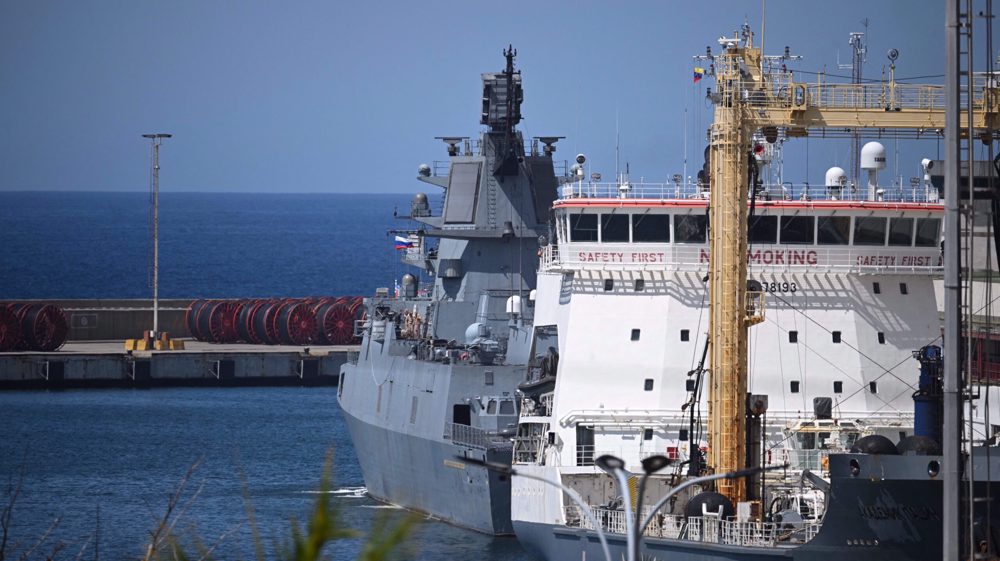

 This makes it easy to access the Press TV website
This makes it easy to access the Press TV website